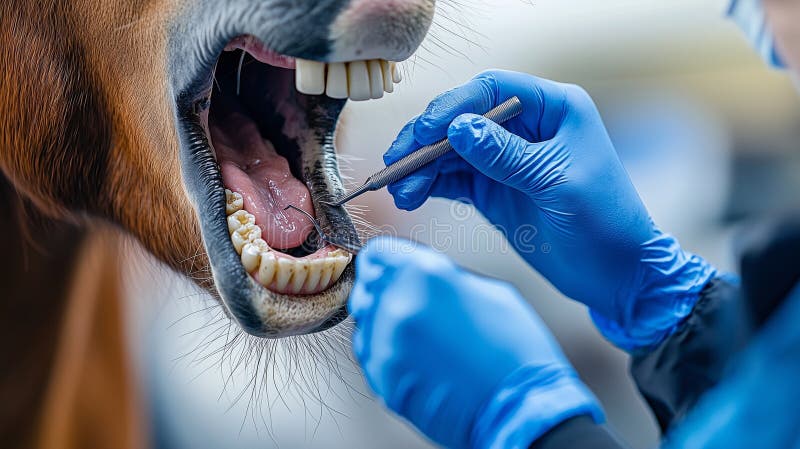Horse tooth grinding problems can significantly impact a horse’s overall health and well-being. As an equestrian enthusiast, understanding these issues is crucial to ensure your horse remains healthy and comfortable. This article delves into the causes, effects, and potential solutions for horse tooth grinding problems, providing valuable insights for horse owners.

Understanding Horse Tooth Grinding
Horses, like humans, can experience dental issues. Tooth grinding, also known as bruxism, is a common problem. It can be a sign of discomfort or other underlying health issues. Recognizing the signs early can prevent more serious health problems down the line.
Common Causes of Tooth Grinding in Horses
There are several reasons why a horse might grind its teeth. These include:
- Dental Issues: Misaligned teeth or sharp molars can cause discomfort, leading to grinding.
- Gastrointestinal Problems: Ulcers or other digestive issues can lead to bruxism.
- Behavioral Factors: Stress or anxiety can manifest as tooth grinding.
Effects of Tooth Grinding
Grinding can lead to excessive wear on the teeth, which may cause further dental health issues. It can also be a symptom of more serious health conditions, such as colic or gastric ulcers.
Diagnosing Tooth Grinding Issues
Early diagnosis is key. Regular dental exams can help identify issues before they become serious. A comprehensive horse mouth exam can ensure your horse’s dental health is maintained.
Signs of Dental Problems
Look for signs such as:
- Excessive drooling
- Difficulty eating
- Head tossing
Veterinary Examination
A veterinarian can conduct a thorough examination to determine the cause of grinding. This might include checking for oral tumors or other abnormalities.
Solutions and Treatments
Treatment depends on the underlying cause of the grinding. Here are some options:
Dental Corrections
Routine dental care, such as floating the teeth, can help correct misalignments and remove sharp edges. Learn more about the importance of a dental exam before purchasing a horse.
Addressing Gastrointestinal Issues
If digestive issues are the cause, dietary changes or medication might be necessary. Consult with a veterinarian for a tailored treatment plan.
Managing Stress and Anxiety
Behavioral modification techniques, such as increasing exercise or changing the horse’s environment, can help reduce stress.
Preventive Measures
Prevention is always better than cure. Regular check-ups and a balanced diet can prevent dental issues. Consider using the best practices for maintaining your horse’s dental health.
Regular Dental Check-ups
Schedule regular dental check-ups with a qualified equine dentist. This can help catch issues early and prevent serious complications.
Balanced Diet
Ensure your horse’s diet is balanced and meets nutritional needs. This can help prevent gastrointestinal issues that might lead to tooth grinding.
Conclusion
Understanding and addressing horse tooth grinding problems is crucial for any horse owner. By identifying the root cause and implementing appropriate treatments, you can ensure your horse remains healthy and happy. Regular dental care and preventive measures play a vital role in maintaining your horse’s well-being.

Frequently Asked Questions
What are the common symptoms of horse tooth grinding?
Common symptoms include excessive drooling, difficulty eating, and head tossing. A thorough dental exam can help pinpoint the cause.
How often should a horse have a dental check-up?
It’s recommended to have dental check-ups at least once a year. However, some horses may require more frequent exams depending on their age and health.
Can dietary changes help with tooth grinding issues?
Yes, dietary changes can help, especially if the grinding is related to gastrointestinal issues. Consult with a veterinarian for a suitable diet plan.
For more information on equine dentistry, visit this comprehensive guide.
This article contains affiliate links. We may earn a commission at no extra cost to you.
